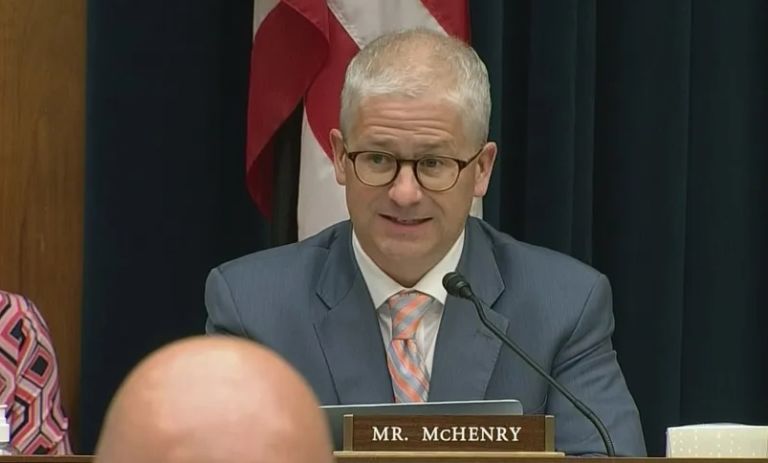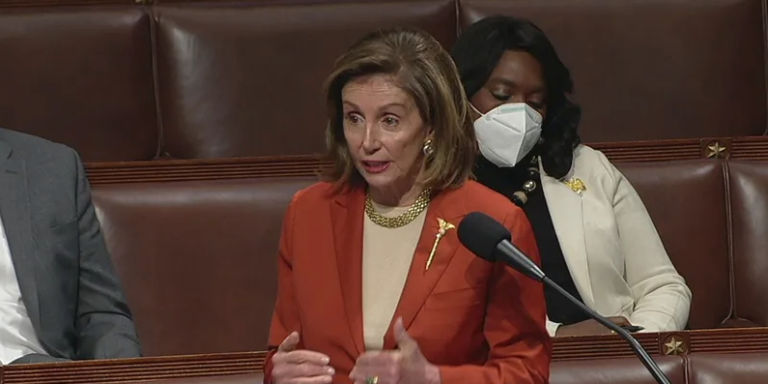Ryan Ellis writes for National Review Online about an important step Congress can take to help the American economy.
House Ways and Means Committee chairman Jason Smith (R., Mo.) and Senate Finance Committee chairman Ron Wyden (D., Ore.) announced last week that their bicameral tax-writing committees had come to an agreement on a tax package designed to undo tax hikes that have recently befallen manufacturers and other businesses and to modestly expand the child tax credit. Passing this tax package — unlike the calls for protectionism we have seen from Washington regarding Nippon Steel’s acquisition of U.S. Steel — is the single most important thing Congress can do to help American manufacturers in particular and employers in general.
Several big improvements for employers included in the Tax Cuts and Jobs Act (TCJA) expired earlier than the bulk of TCJA (individual, family-business, and death-tax provisions will expire after 2025). The Smith-Wyden bill would retroactively eliminate these tax increases and preserve them until the TCJA’s general expiration. The bill is thus a setting of the table on TCJA negotiations that will occur after this year’s presidential and congressional elections, arguably the most important for taxpayers in more than a decade.
All of the employer-tax-relief provisions that the Smith-Wyden bill would restore incentivize American firms to invest in themselves to become more productive and hire more people. It is therefore vitally important to restore them to the tax code and lessen the tax code’s pro-consumption and anti-investment bias.
These provisions are: research expensing, which allows companies to deduct in full the costs of new domestic research and development rather than slowly deducting (“amortizing”) those costs over five years; full business expensing, which permits firms to deduct in full the cost of plant and equipment rather than slowly deducting (“depreciating”) those costs over up to 20 years; and a provision that allows firms that borrow for investment to deduct the interest on that debt more easily.


